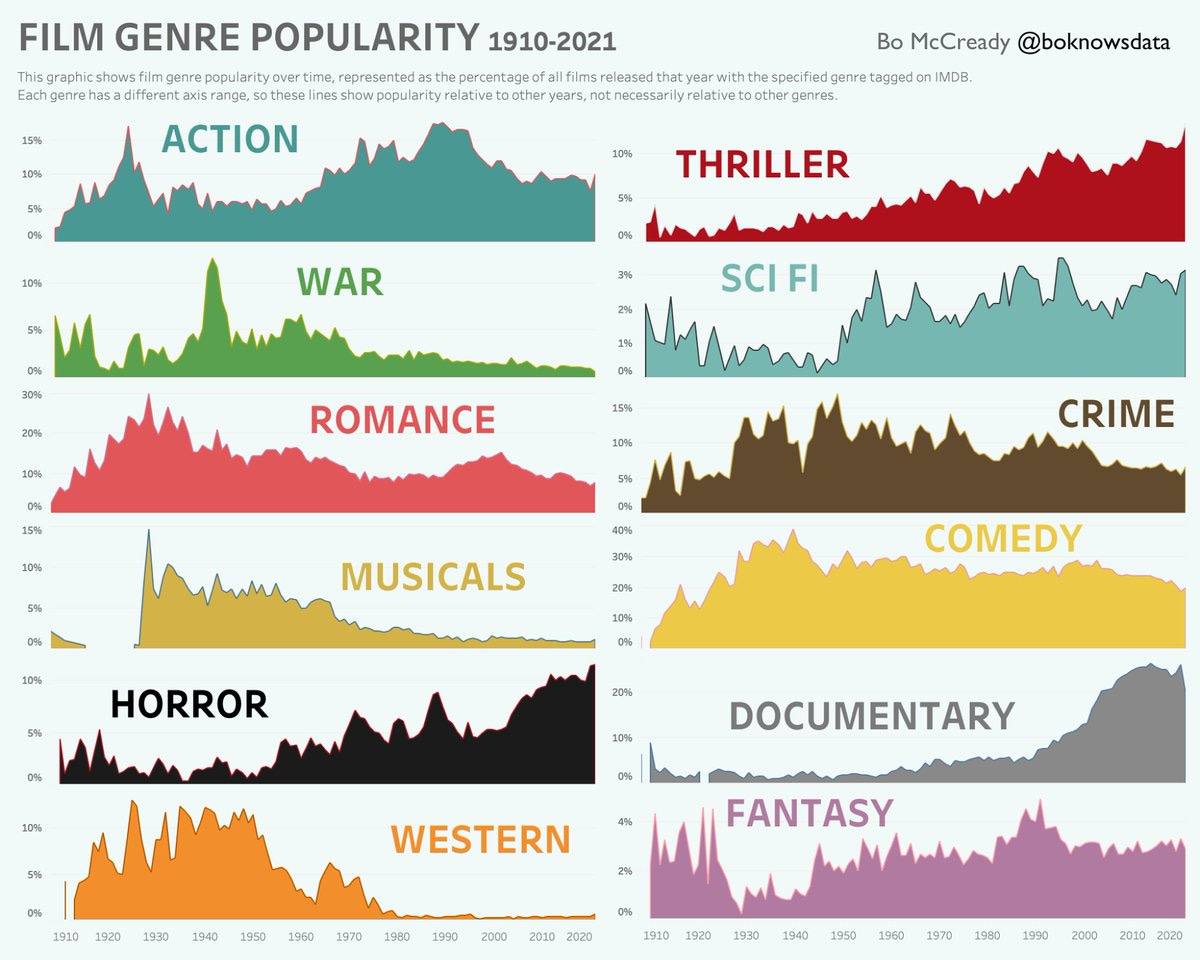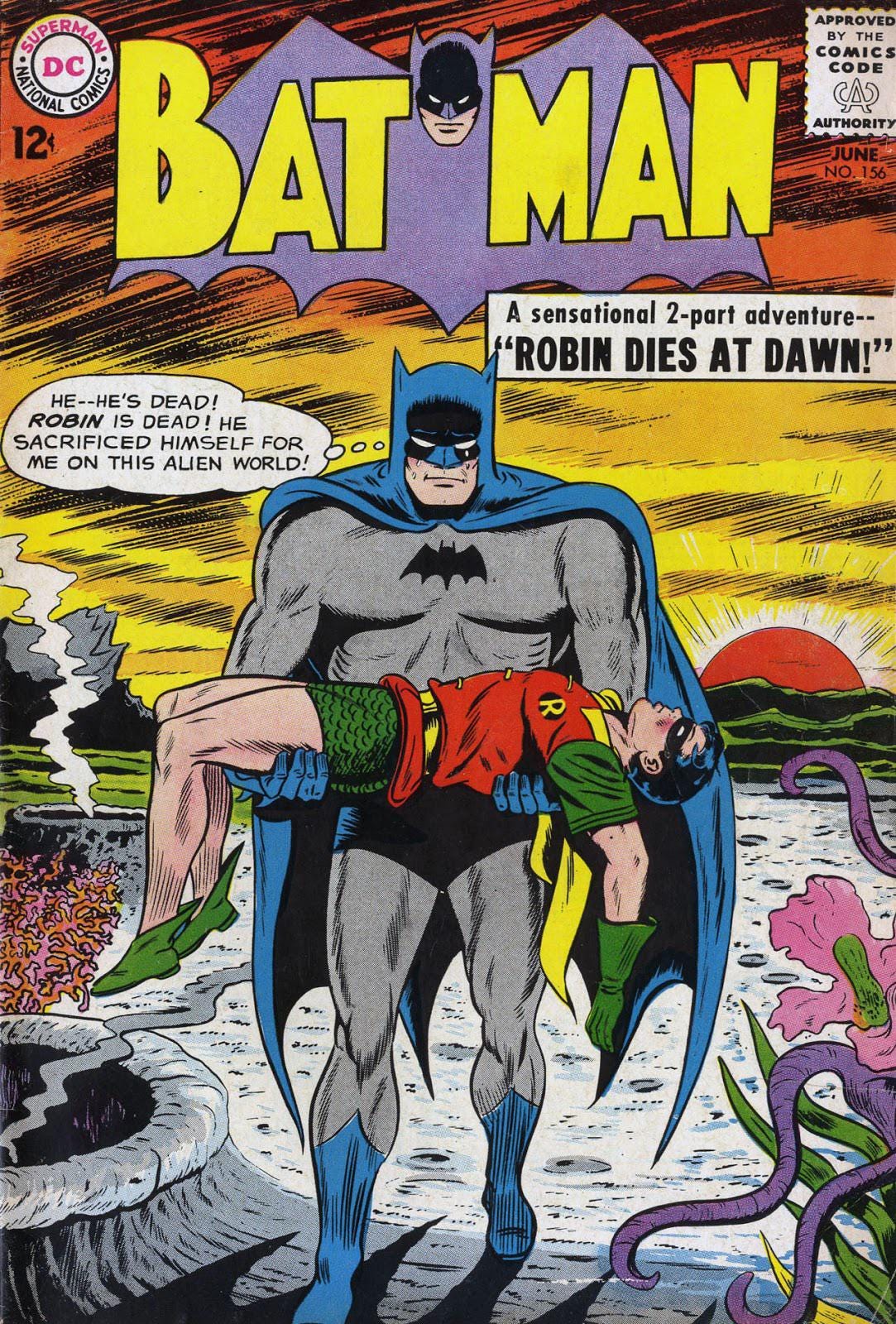How To Kill a Superhero
Hollywood embraces a desperate strategy—canceling franchise films before they're released
In late 2016, I gave a talk to a group of overseas movie distributors, and afterwards we discussed privately the state of the business. They were all making money—it was a boom year for films.
Four different Disney movies surpassed a billion in box office receipts that year, with Captain America and the Star Wars film Rogue One topping the list. Everybody in the room should have been celebrating.
But these execs were surprisingly anxious. And they all had the same worry.
How much longer would these big budget franchise films continue to draw audiences?
The Honest Broker is a reader-supported guide to music, books, media & culture. Both free and paid subscriptions are available. If you want to support my work, the best way is by taking out a paid subscription.
These were smart people, but they didn’t make the movies. They just ran theater chains. But they didn’t need to be specialists in creativity or storytelling to know that hit films were now built on tired formulas, the same plot lines played out over and over again.
Special effects added some sizzle to the steak, but it was still the same stale meal night after night. Sooner or later, even superheroes die.
Other genres have come and gone—westerns and musicals and other box office draws of the past. Comic book franchises would eventually meet the same fate.

Back then, Disney was bragging to shareholders that another 20 Marvel films were already in the pipeline. And that was just a start. CEO Bob Iger explained that Disney owned the rights to 7,000 different Marvel characters—implying that brand franchises could propagate forever, like copulating Australian bunnies.
That was the party line in Burbank. But most of the people I spoke to that day privately expressed doubts about this formula-driven strategy. They hoped to enjoy a few more years of boom times, but worried about what would happen next.
“It takes a special kind of stupid to kill off Indiana Jones or Toy Story or a Marvel superhero, but that’s exactly what’s playing out right now in the Magic Kingdom.”
As it turned out, they were right to worry. But a virus, not a superhero, let them down. The first COVID case happened almost exactly three years after my December 2016 talk.
But it now looks like the pandemic merely delayed the creative collapse.
Hollywood has saturated the market with look-alike movies. Their pipeline of films is now exploding like the Nord Stream, but with this difference—studios are still sitting on a huge pile of future bombs.
And what does a studio do with a bomb on its hands?
They have four options—and they are four kinds of ugly
You delay the film, hoping for a better market environment in the future.
You send it back for rewriting and more filming
You cancel it entirely, and write off the investment
You release it—sinking another $50 million, more or less, into marketing—and then watch it collapse at the box office.
Disney is getting a sour taste of strategy number four this week.
They launched The Marvels on Friday and quickly set a record—for the lowest opening day and weekend ever for a Marvel film. It wasn’t even close.
The Marvels fell 15% below the previous all-time worst Marvel opening, The Incredible Hulk from 2008—and we’re not even adjusting for inflation. What makes this worse is that the previous disaster was back in the days before Marvel hit the box office big time. How could Disney possibly fall below the levels of 15 years ago?
That’s what saturating the market does to you.
Industry pundits were quick to second guess the decision to release the movie. “Disney should have held The Marvels until it could be properly promoted,” declared Roger Friedman.
But who can say when the market for these kinds of movies will improve? That’s the other problem with a bloated pipeline—blocking something today just causes more problems tomorrow.
Sometimes it’s better to take your whupping immediately, and get it over with. And that’s the story of The Marvels.
A box office dud heading into Thanksgiving is bad news. But Disney’s problems run far deeper.
“The majority of Disney’s big budget movies over the past two years have failed in theaters,” reports Bloomberg.
The recent Indiana Jones film turned theaters into actual temples of doom—collapsing 50% from the previous franchise installment. The film is expected to lose $100 million.
The Toy Story franchise may also be broken, after Lightyear also lost $100 million.
Strange World, launched a few months later, did even worse at the box office—and could lose up to $197 million.
Haunted Mansion was a real-life horror show killing another profitable franchise. The film took in an embarrassing $117 million worldwide, failing to pay back its budget.
Even films that make money are lagging behind previous installments—as, for example, Ant-Man and the Wasp: Quantumania, with ticket sales 23% below its 2018 predecessor. This film had the worst second week decline of any Marvel film to date.
These are terrible numbers, but the risk here is much bigger than box office receipts indicate. That’s because Disney isn’t just releasing bad movies, but actually destroying key franchises that drive the entire corporate strategy.
Walt Disney may have built his company on creativity, but his successors have replaced it with an empire based entirely on brand extensions. These are now crumbling.
It takes a special kind of stupid to kill off Indiana Jones or Toy Story or a Marvel superhero, but that’s exactly what’s playing out right now in the Magic Kingdom.
In this environment, studios start taking desperate measures.
Disney no longer brags about how many Marvel films it has in the pipeline. In fact, the schedule has now been juggled so that only one Marvel movie comes out next year.
The same thing is happening with the studio’s Pixar animated films—previously a source of constant blockbusters, but now just another bomb factory. Only one animated feature is scheduled for release in 2024.
But the biggest looming disaster is the studio’s live action remake of Snow White. Filming took place in 2022, and everybody anticipated a 2024 release. But Disney has now decided to keep Snow White in her deathlike slumber until March 21, 2025.
The studio insists that the Hollywood strikes forced this delay. But that’s an odd claim for a film that has already undergone audience test screening. We can only assume that the project has big problems, requiring rewrites and more filming.
Disney spent lavishly on what seemed a surefire winner. After all, Snow White and the Seven Dwarfs established the Disney movie brand back in 1937, and adjusted for inflation is the most successful Disney film of all time.
You could hardly find a more foundational brand for Disney—this princess actually lives in her own damn castle in the middle of Disneyland. A remake should draw a huge audience of three or four generations, and keep the franchise alive for decades to come.
But giving this Disney princess a modern makeover was harder than expected. Every decision generated controversy—from casting non-dwarf actors to leaking (spoiler!) that the charming prince would NOT save Snow White. It didn’t help when lead star Rachel Zegler attacked the original Snow White film as “extremely dated” based on a “love story with a guy who literally stalks her. Weird.”
But Disney has already spent so much that this reboot needs to generate $340 million just to break even. They have pushed back the day-of-reckoning another year, but Disney will need more than a charming prince to rescue this endangered project.
All this is a preamble to he hottest new strategy in Hollywood—cancelling a finished movie and destroying all the copies even before it’s released.
When Warner Bros killed Batgirl last year, cast and crew were shocked—they had no advance warning. Even more ominous, the directors found they were blocked when they tried to log into company computers and download footage. The studio wasn’t just killing Batgirl, but seemed intent on destroying all evidence she had ever existed.
Fans were angry. Why couldn’t they see the movie and decide for themselves? But Warner Bros’ scorch-and-burn strategy makes perfect sense.
“If they were to write this off as a worthless investment, they get a deduction,” explains one tax attorney. “It’s like a business venture that fails.” So Warner Bros couldn’t keep the film on the shelf in hopes of future release—to ensure a total write-off from the IRS, Batgirl got a do-not-resuscitate order.
Some folks grumbled that Warner Bros only saved $20 million on their taxes by cancelling a $90 million movie. But even that inadequate write-off is probably better than pumping more cash into a dubious project. It doesn’t help that the studio is losing money and sitting on $45 billion in gross debt.
But this was just the start.
Warner Bros did it again last week, canceling the already completed Coyote Versus Acme movie. Here, too, a tax write-off was the alleged reason. Deadline reported that the company would get a $30 million deduction—but only after spending $70 million on the film.
That’s more than stupid. It’s coyote stupid.
Even the Acme Corporation doesn’t spend $70 million to get a $30 million write-off. But Hollywood is no longer thinking about the upside. The strategies, as they enter 2024, are all about protecting themselves on the downside.
So expect to see more exploding movies. Some things are worth more dead than alive—and that might now include your favorite superhero.
Of course, Hollywood will survive all this. Films won’t disappear. But they will change.
Studios have no choice. They must abandon the stale formulas that got them into this bind—transforming themselves back into creativity businesses, not brand management companies churning out extensions like new flavors of potato chips. If they didn’t learn that from getting whupped in 2023, they will figure it out in 2024 or 2025.
Movies flourished before this obsession with brand extensions, and will do so again. But before that happens, I expect to see more superheroes die—and a few execs get the axe at head office.
UPDATE: Warner Bros has now reversed its decision to cancel its Coyote Versus Acme movie. In a related move, a member of Congress has threatened an inquiry into the practice of canceling complete films in order to generate tax write-offs.









This is yet another example of Get Woke, Go Broke. South Park's "Panderverse" mocked Disney's special kind of stupid. Audiences are voting with their wallets.
PS: love the How To format ;)
Movie studios should look to the ads in old comics for the next concept they can flog to death. Sea Monkeys: The Movie. Spider Man vs the Hostess Twinkie Thief. The Insult That Made a Man Out of Mac, etc.